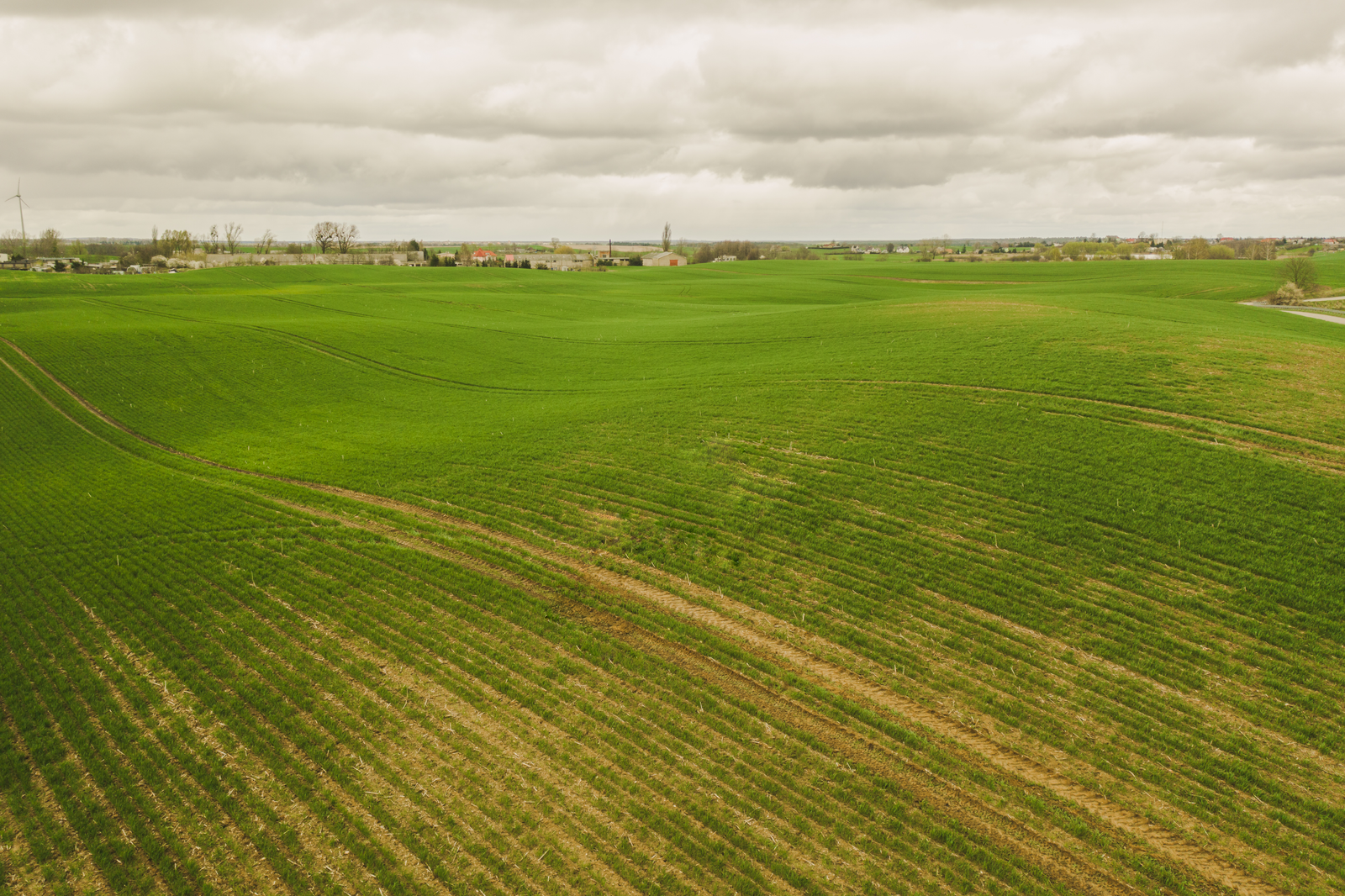Ukraine produces one of the highest yearly wheat yields worldwide, but the effects of global warming, unsustainable farming practices —like deep tilling or the violation of crop rotation practices—, and unforeseen consequences of the war with Russia, like damaged equipment and scattered remnants, have contributed to extreme soil degradation, to the detriment of both Ukrainian farmers and the environment. To address this issue, the Lithuanian startup HeavyFinance announced this week that it signed 300,000 hectares of Ukrainian farmland to its carbon farming program.
The land was chosen because of its composition (chernozem soil) and its carbon sequestering potential. According to the calculations, the application of regenerative practices across the totality of Ukraine's farmland would enable the elimination of 757.7 million tonnes of CO2 emissions, a number equivalent to quivalent to the total annual carbon output of Germany. The program will shift over the land to regenerative agricultural practices in preparation for soil-based carbon credit certification. To do this, HeavyFinance is collaborating with the Ukrainian agricultural company Agsolco and its Carbon Credit Ukraine program.
HeavyFinance is planning to conduct pre-sampling measurements on more than 3000 soil samples from the Ukrainian farmland in July. The company works with farmers to apply several carbon measurement methods in their land to certify the amount of captured carbon and enable the enrollment of the land in carbon credit programs, where industries and countries looking to offset their emissions as part of their climate contribution strategy can buy the credits, providing much needed financial support to the agricultural sectors enrolled in the carbon credit programs. The HeavyFinance and Agsolco partnership plans to enroll 500,000 hectares of farmland by the end of 2024, with the expectation of issuing the first credits on the third quarter of 2025.







Comments